Eligibility criteria generally include a high school diploma with a strong background in mathematics. Fees can vary depending on the institution, location, and financial aid availability.
Eligibility & Fee Structure for B.Sc. in Statistics Course
The Bachelor of Science (B.Sc.) in Statistics is an undergraduate program that focuses on the principles and applications of statistical methods, data analysis, and probability theory. Statistics plays a critical role in various fields, including science, economics, social sciences, and more. To pursue a B.Sc. in Statistics, it's crucial to understand the eligibility criteria and fee structure associated with the program. In this comprehensive guide, we will explore the requirements for admission and the typical fee structure for this degree.
B.Sc. in Statistics Eligibility Criteria
The eligibility criteria for a B.Sc. in Statistics program may vary slightly from one educational institution to another. However, there are common prerequisites that applicants are generally expected to meet:
-
Educational Qualifications: Applicants should have completed their 10+2 or equivalent examination from a recognized educational board or institution. The academic background should include a strong foundation in mathematics, especially in areas like calculus and algebra.
-
Minimum Percentage: Many universities and colleges require candidates to have a minimum percentage or grade point average (GPA) in their 10+2 examination. The minimum percentage required can vary but often falls within the range of 50% to 60%.
-
Entrance Examinations: Some institutions conduct entrance examinations as part of the admission process. These exams are designed to assess a candidate's knowledge in mathematics and other relevant subjects. Scores from these entrance exams are used to determine admission eligibility.
-
English Language Proficiency: For international students from non-English-speaking countries, proof of English language proficiency may be required. This is typically demonstrated through standardized tests like IELTS or TOEFL.
-
Statement of Purpose (SOP): Applicants may be asked to submit a statement of purpose or personal statement. This document should outline the applicant's motivation for pursuing a degree in Statistics, their career goals, and how the program aligns with their aspirations.
-
Interview: Some universities and colleges may conduct interviews as part of the admission process. These interviews allow the institution to assess a candidate's motivation, interest in the field, and suitability for the program.
B.Sc. in Statistics Fee Structure
The fee structure for a B.Sc. in Statistics program can vary based on several factors:
-
Type of Institution: Public universities or government-funded institutions generally offer lower tuition fees compared to private institutions. Government-funded universities may receive subsidies, reducing the cost of education for students.
-
Geographical Location: Tuition fees can differ depending on the country, state, or city where the institution is located. Different regions may have varying fee structures.
-
Institution's Reputation: The prestige and reputation of the institution can impact tuition fees. Highly ranked universities often charge higher fees.
-
Residency Status: Some institutions differentiate between in-state and out-of-state students, with lower fees for residents of the state where the institution is located.
-
Financial Aid: Many universities offer scholarships, grants, or financial aid to deserving students. These financial assistance programs can help students cover their educational expenses.
-
Additional Costs: In addition to tuition fees, students should budget for other expenses, such as registration fees, laboratory fees, the cost of study materials and textbooks, and expenses related to research projects or practical work.
-
Accommodation: If students plan to reside in university accommodation or off-campus housing, they should consider associated fees and living expenses.
-
Laboratory and Research Costs: B.Sc. in Statistics programs often include laboratory work, statistical analysis software, and research projects. Students may need to budget for expenses related to these activities.
 3 Years
3 Years
 Under Graduate
Under Graduate
 Science
Science

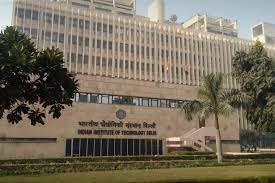
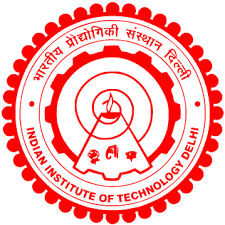
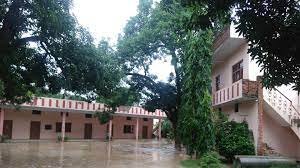
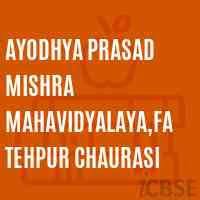
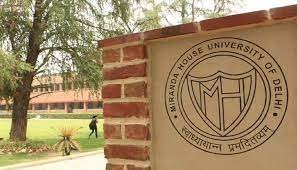
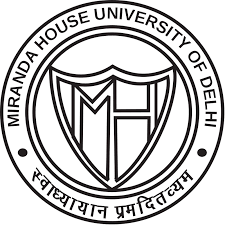
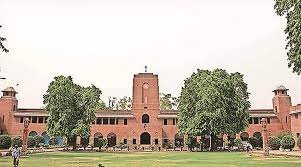
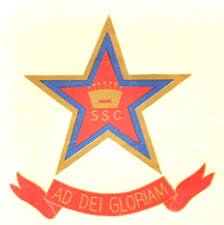
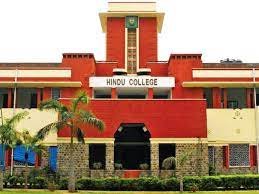
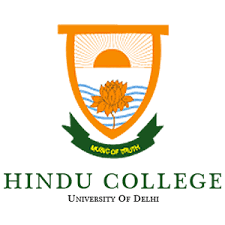
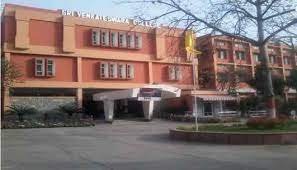
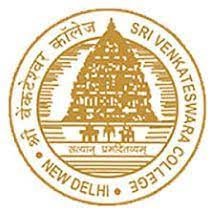

 back
back